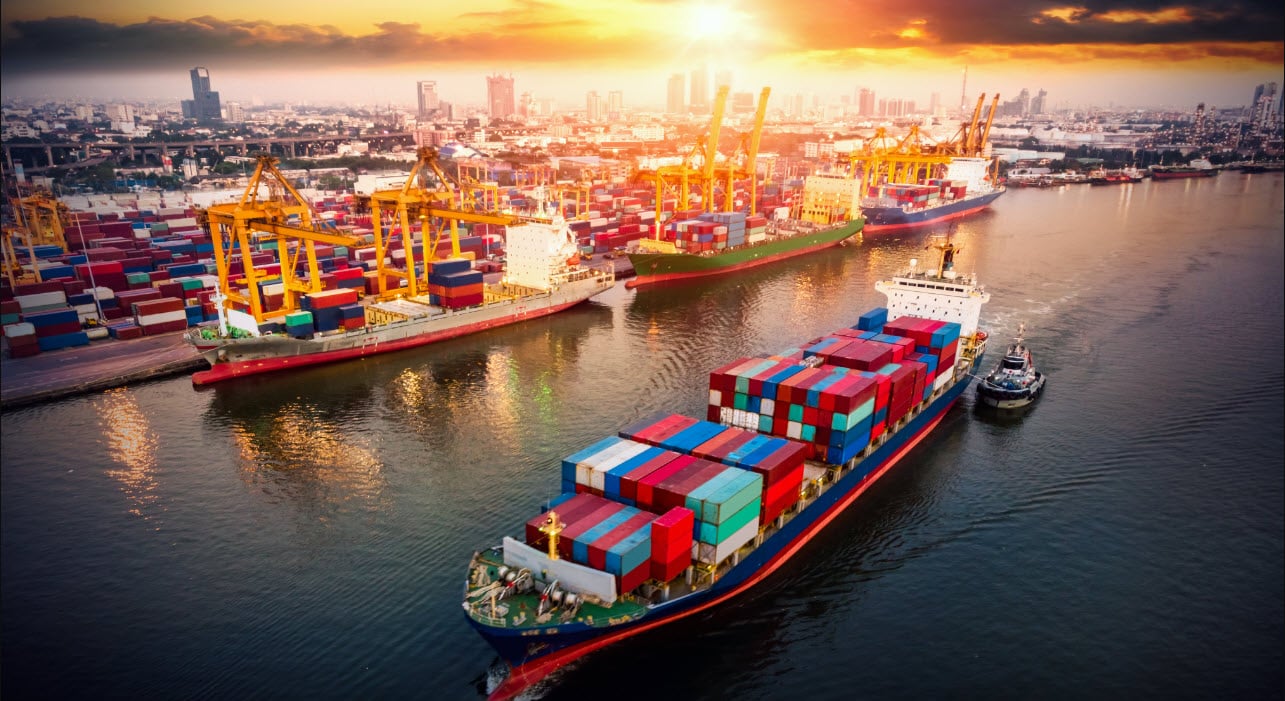European Commission adopts proposal for Single Market Emergency Instrument
In brief
On September 19, 2022, the European Commission (“Commission“) adopted a proposal that would give the EU sweeping new powers to address shortages and supply chain disruptions of crisis-relevant and strategic goods and services in times of crisis. The proposed Single Market Emergency Instrument (“SMEI“) is the latest in a series of EU measures that will impact supply chains, including new proposals for rules on foreign subsidies (see our alert here), corporate sustainability reporting and due diligence (see our alert here), carbon taxes (see our alert here), deforestation (see our alert here), and, most recently, a proposal to prohibit products made with forced labor from the EU internal market. Once adopted, the SMEI will impose far-reaching obligations on EU firms. In times of an emergency, firms may be required to accept and prioritize orders for the production and supply of certain goods. Failure to do so could result in significant fines of up to 1% of global revenue. Firms could also be fined for not providing business-sensitive information about their production capacities and stocks, and even their suppliers, for certain goods. The proposed SMEI will now be subject to inter-institutional negotiations and is likely to be adopted and enter into force in 2023. The SMEI is driven by the political imperative of preserving the integrity of the internal market and ensuring adequate supplies in the event of another global shock. It has the potential to undermine suppliers’ efforts to take a more holistic approach to balancing demands on the supply chain during emergencies. There is also a risk of “tit for tat” legislation in other jurisdictions. Industry needs to act now to ensure the implications are fully understood and managed.
Who is affected?
Faced with sudden shortages of relevant goods and services during the initial stages of the COVID-19 pandemic, a number of EU Member States adopted emergency measures restricting the free movement of goods, services, and persons, thereby undermining the proper functioning of the EU single market. With the proposed SMEI, the Commission wants to be better prepared to manage future crises. Many sectors could potentially be impacted including actors in healthcare, food, energy, and digital infrastructure to name the most obvious. The proposed SMEI does not apply to medicinal products, medical devices, semiconductors, energy products, and financial services, due to the existence of a dedicated crisis-relevant framework in these areas.
Recommended actions
It is important for sectors most likely to be affected to engage with the legislators now because the proposed SMEI raises many questions, such as:
– what constitutes “goods and services of strategic importance” and “crisis-relevant goods and services”
– how to reconcile and mitigate the impact of obligations to “accept” and “prioritize” orders for the production and supply of crisis-relevant goods in emergency situations that, according to the proposed SMEI, “take precedence” over performance obligations under private or public law
– how adequate are the confidentiality protections if firms are required to disclose business-sensitive information to the Commission in emergency situations.
In more detail
The SMEI provides for two sets of obligations that each apply for periods of up to 12 months in case of (1) a threat of an emergency (“vigilance mode”), and (2) an actual emergency (“emergency mode”). Vigilance mode Vigilance mode may be activated for up to 12 months if there is a threat of significant disruption of the supply of “goods and services of strategic importance” and that threat could escalate to an emergency. In activating vigilance mode, the Commission must identify the specific goods and services of strategic importance (defined as those that (1) are indispensable for ensuring the functioning of the EU single market in strategically important areas; and (2) cannot be substituted or diversified) and specify the vigilance measures that Member States must adopt. Those measures include:
– monitoring of the relevant supply chains
– establishing and maintaining an inventory of the most relevant companies operating along the affected supply chains
– requesting those companies and other stakeholders to provide, on a voluntary basis, information about factors impacting the availability of the goods and services in question.
The Commission may decide that for certain goods of strategic importance, it is necessary to build strategic reserves with a related obligation on Member States to deploy their “best efforts” to build up such strategic reserves. If the best effort fails, the Commission may require a Member State to build up strategic reserves within a given deadline.
Emergency mode
To determine what constitutes an emergency, the Commission will take into account a series of factors, including the size and importance of the disrupted sector, the geographic area affected, and the availability of substitute goods or services. Regardless of whether vigilance mode has been activated, the Commission can propose to activate emergency mode which is a decision for the Council of the EU. Once emergency mode is activated, the Commission must adopt a list of crisis-relevant goods and service that are deemed indispensable for responding to, or for addressing the impact of, the crisis on the EU single market during the emergency. On that basis, the Commission can adopt emergency response measures imposing far-reaching obligations on firms to:
– provide information on production capacities and stocks, including outside the EU and including from their upstream suppliers: there is a penalty of up to EUR 200,000 for non-compliance
– accept and prioritizeorders for the production or supply of crisis-relevant goods, such orders taking precedence over any performance obligation under private or public law. As a result of accepting priority orders, the firm at issue will not be liable for a breach of contractual obligations governed by the law of a Member State that is required to comply with the priority rated order and to the extent the violation of contractual obligations is necessary for compliance with the prioritization.
The Commission may impose a fine of up to 1% of the global yearly turnover for non-compliance.
While emergency mode is activated, the proposed SMEI also prohibits Member States from adopting a series of measures that would restrict the movement of goods, services, and persons, such as intra-EU export bans or travel restrictions.






